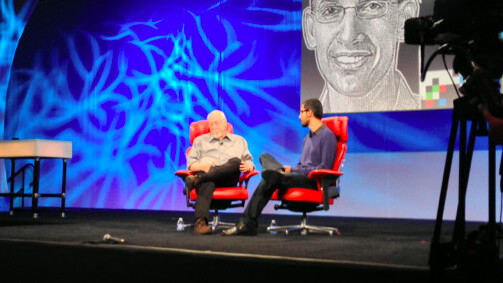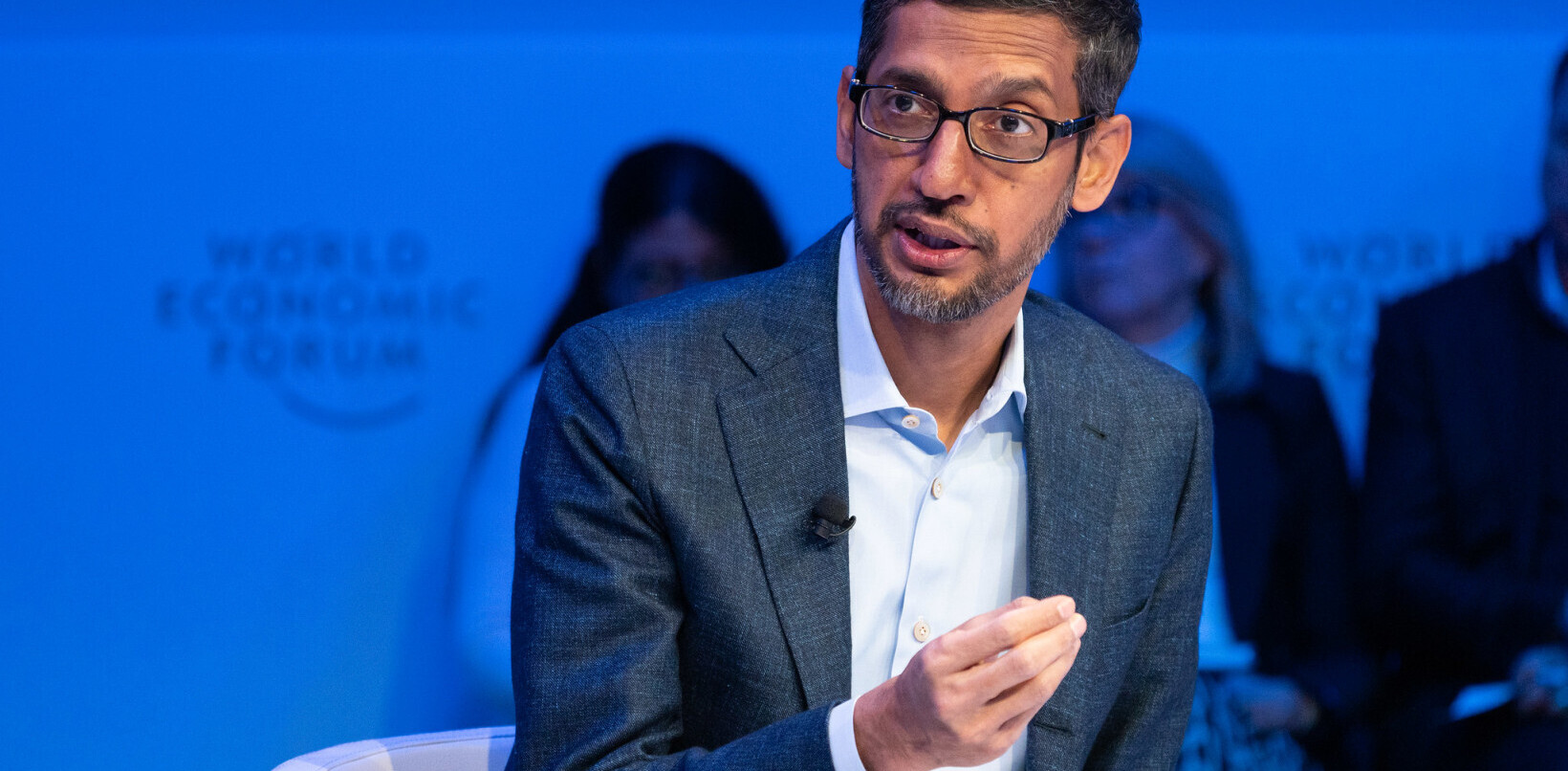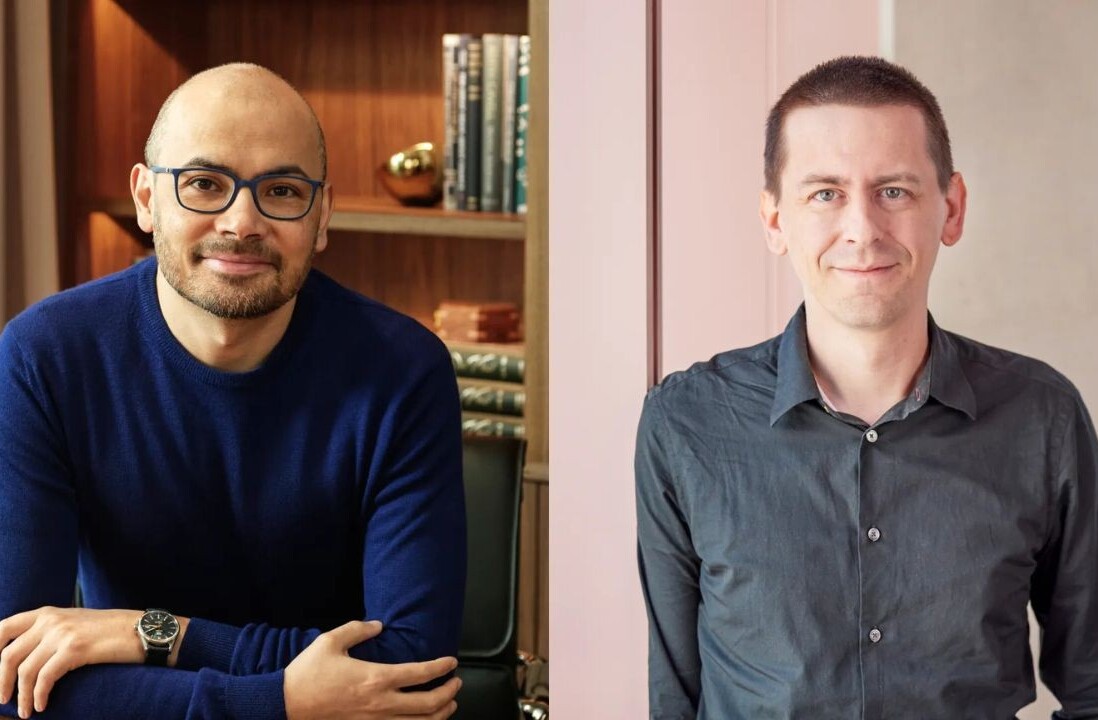
Today at D11, Sundar Pichai senior vice president for Android, Chrome and Google Apps at Google spoke about the state of Google’s various operating systems, which he’s now in control of.
“From our standpoint, I look at where we are with computing and I see a large opportunity ahead,” said Pichai. “The pace at which people are adopting personal computing is something which I’ve never seen before. For us, we feel fortunate that we have two platforms that are successful.”
“We feel comfortable having both of them around…there could converge in interesting ways, but for now, we’re sticking with investing in both,” Pichai said, acknowledging that users aren’t all getting the Android that Google wishes they were. “From a Google perspective, we deeply care about the user experience. How we get that experience to everyone is a challenge.”
Pichai then touted the new HTC One Google Edition, which will be available on June 26th for $599 unlocked on the Google Play store. It features the stock Jelly Bean UI, rather than one that’s full of HTC’s customizations. Pichai noted that the Nexus program would continue, as that’s all about pushing hardware forward, and that this new plan to ship devices from other manufacturers with stock Android on the would be maintained alongside that effort.
While it wasn’t stated, it seems that there could be a chance that Google and Motorola’s partnership will produce ‘Nexus’ devices, while carriers will get ‘stock Android + your hardware’ devices.
“When you look at things like search, maps and YouTube…we do crazy things to make Maps happen. We’re working hard on services like that, whether it be Google Now or Gmail.”
To that end, Pichai noted that Google’s new All Access Music service would be coming to iOS in a few weeks.
“In google’s fundamental DNA…is that we wanted to be universally accessible, and I think that philosophy carries through to today,” he said. “A couple of weeks from now, we’re going to launch Google All Access Music…the teams are working like crazy to make it available on iOS.”
Pichai was then asked about future hardware like wearable computing. There was a token mention of Google Glass, and then he went on to talk about hardware outside of things that attached to your body.
“I have a Nest thermostat at home,” said Pichai. “One of the biggest innovations that Tesla has done is to bring software to cars. And in many houses, the glass you put in is more expensive than displays. When I look at the cost curve of displays, I think you’ll see a lot of computing around you.”
Google, of course, introduced the Android@home program two I/O events ago, but has yet to deliver anything really significant about the automation and integration platform.
He was also asked about why Google supports Android even though it’s not very profitable.
“We take a long-term view here,” said Pichai. “When we acquired YouTube, we got asked this for two years. I don’t think anyone would ask that today.”
Pichai says that, at Google, they’re fortunate enough to be able to take a long-term view towards tech like Android. They evaluate it on a yearly basis but are in it for the long run. “Moving manufacturing back to America,” Picha notes as a long-term bet. “It’s not about profits over the next 12 months.”
He also touched on Motorola and the separation between Google and its new hardware subsidiary. “Dennis Woodside jokes with me that…it’s harder to work with Motorola being inside of Google,” he said.
Theoretically, this would mean that the ‘firewall’ between Google and its own personal hardware vendor was firmly in place. Though there will be projects that Motorola works on with Google, it’s not getting special treatment over other vendors like HTC and Samsung. Whether HTC and Samsung are comfortable with that is another matter entirely. From the things that Motorola said yesterday, it definitely seemed like it was pushing the envelope.
Pichai’s statement reinforced that, saying that “the products that Motorola will launch in the next few months will be products that users will love to use. I’m excited about what they’re working on for the next 12 months. That’s where the journey of success starts.”
Whether that journey alienates other manufacturers — and whether Google cares a whole lot if it does — will be a very interesting story to follow.
Get the TNW newsletter
Get the most important tech news in your inbox each week.




